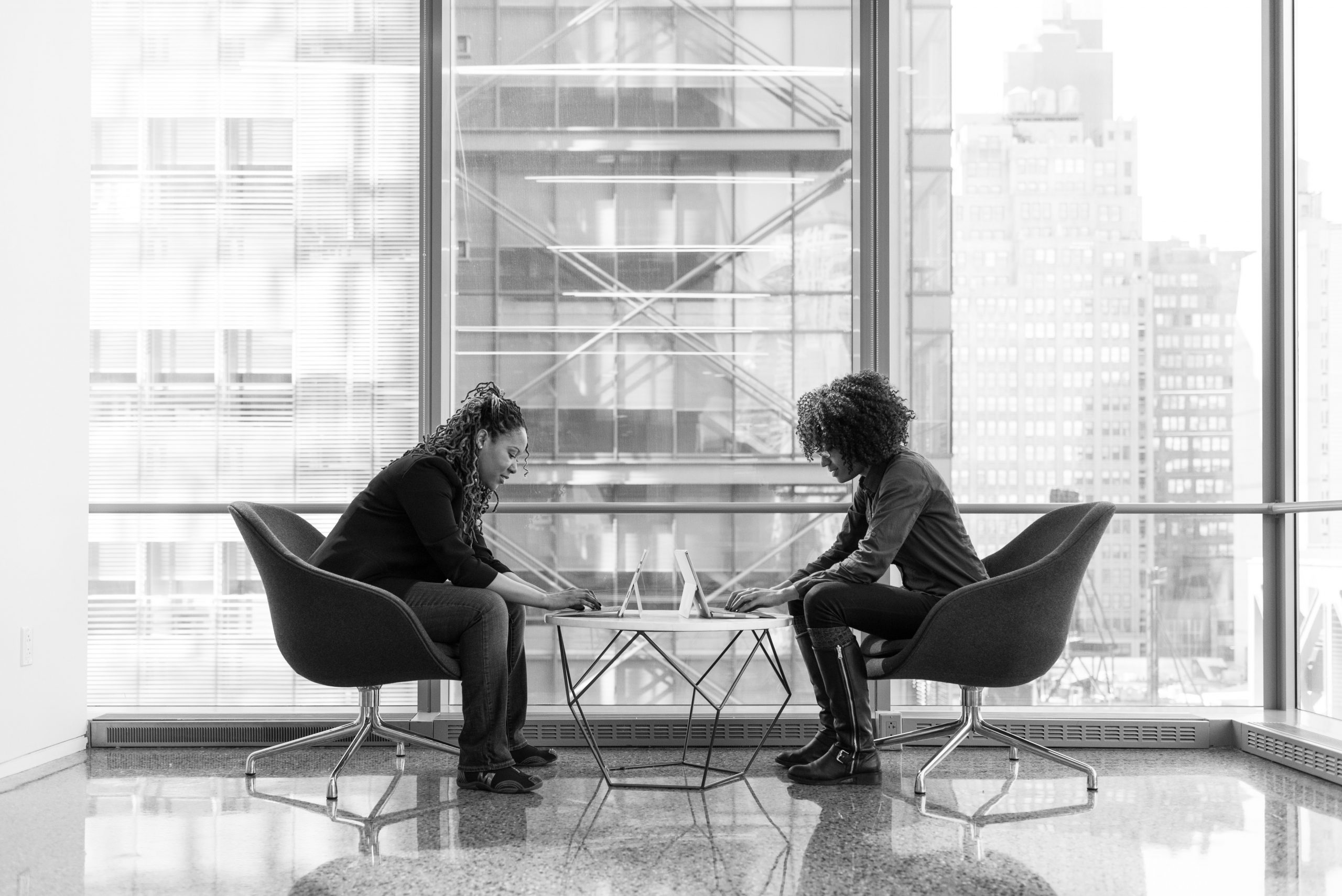There is no denying that the last six months have been extraordinary. Businesses of all sizes across the globe have been navigating their way through uncharted territory, while employees have had to reimagine their work days, finding new ways to connect with colleagues digitally while working from home. However, while remote working has become part of our ‘new normal’, the value of the office has never been more apparent; in a recent study we conducted in New York, we found that 76% of polled workers said they felt an office setting was “very important” or “somewhat important” for collaboration and innovation – this is a trend we’re also hearing from our community within the 16 countries in which we operate across the EMEA region. The future of work will be a hybrid model of remote and in-person working, but, with this in mind, what will this new office look like and how will this affect how companies view their workspace in the longer term?
Even before the pandemic, there was a shift towards more flexible working with employees seeking a working environment that inspired productivity and collaboration – the pandemic has accelerated that trend, and companies are recognising the need to re-evaluate their office needs entirely. At the forefront of this is flexibility – in space and time. Providing employees with the option to work from home, near home or in a new flexible office space has become more important.
The majority of our members said they would give employees more choice over where they work on a daily basis; and at WeWork, our large enterprise member companies (which make up 48% of our global memberships) are accelerating their efforts to inject a level of flexibility into how their teams work, as well as re-evaluating their traditional real estate strategy.
Gone are the days of traditional office models
and HQs; businesses are now looking
to repurpose the conventional office
Gone are the days of traditional office models and HQs; businesses are now looking to repurpose the conventional office, opting for more space as well as rethinking how they use it. In the six to 12 months ahead, a hub-and-spoke model whereby teams and workforces can be distributed across a building, a city, or internationally, will be popular among businesses that want to de-densify their central HQ.
We also know from speaking to our members that having employees working from different locations not only helps de-densify offices but allows for shorter commute times and encourages a new, more flexible working style – something that is crucial for long-term employee satisfaction.
Driving down costs will also be a key factor for companies. Companies are looking for shorter lease commitments with the ability to scale when needed. Some of our enterprise members expect to reduce their traditional portfolio by over 25% in order to cut costs, and to reinvest those savings into their core sites or technology that proactively predicts health indexes for buildings. Having a workspace that is also easily reconfigurable is an ideal cost-efficient office solution in the current uncertain climate; for example, adjusting workspaces with new protocols including increased sanitisation, behavioural signage and prioritising personal space.
As the situation continues to evolve across the globe, company leaders are working to find workplace solutions that prioritise health and safety along with their employees’ needs, wellbeing and comfort. There is no doubt that companies will need their office space to drive creativity, productivity and collaboration. And as the workforce becomes more mobile, and talent recruitment and retention becomes more challenging, having the right workplace strategy will become a key differentiator.







